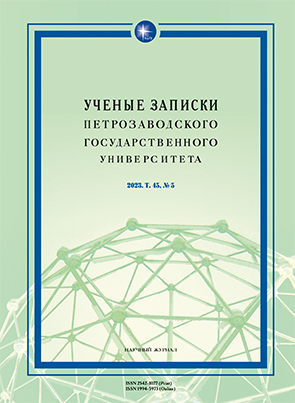РАЗДЕЛИТЕЛЬНЫЕ КОНСТРУКЦИИ В СЛАВЯНСКИХ ЯЗЫКАХ
DISJUNCTIVE SENTENCES IN THE SLAVIC LANGUAGES
Author(s): Olga A. PochinyaevaSubject(s): Syntax, Eastern Slavic Languages
Published by: Петрозаводский государственный университет
Keywords: disjunctive sentences; disjunctive conjunctions; Slavic languages; categorical meaning; denotative aspect; logical-semantic aspect; structural-semantic aspect;
Summary/Abstract: The aim of the work is the typological examination of the disjunctive sentences in the systems of three East Slavic languages (Russian, Ukrainian, and Belarusian), one West Slavic language (Polish) and one South Slavic language (Bulgarian). This study is the first attempt at conducting a comparative study of the disjunctive systems in the Slavic languages. Its relevance is determined by the need for a multidimensional comparative description of the disjunctive constructions in related languages, which will make it possible to identify contrasting elements and more clearly identify the specifics of the category of the disjunctiveness in the system of compound sentences. The semantic structure of disjunctive sentences is characterized on the basis of three mutually dependent aspects of meaning: denotative, logical-semantic, and structural-semantic one, consisting in the allocation of the categorical grammatical meaning of the alternative and nine particular meanings determined by the context and the speech situation. The article presents a five-level system organization of the meanings of disjunctive sentences taking into account the semantic differences in the implementation of the main or integral feature.
Journal: Ученые записки Петрозаводского государственного университета
- Issue Year: 45/2023
- Issue No: 5
- Page Range: 99-106
- Page Count: 8
- Language: Russian

